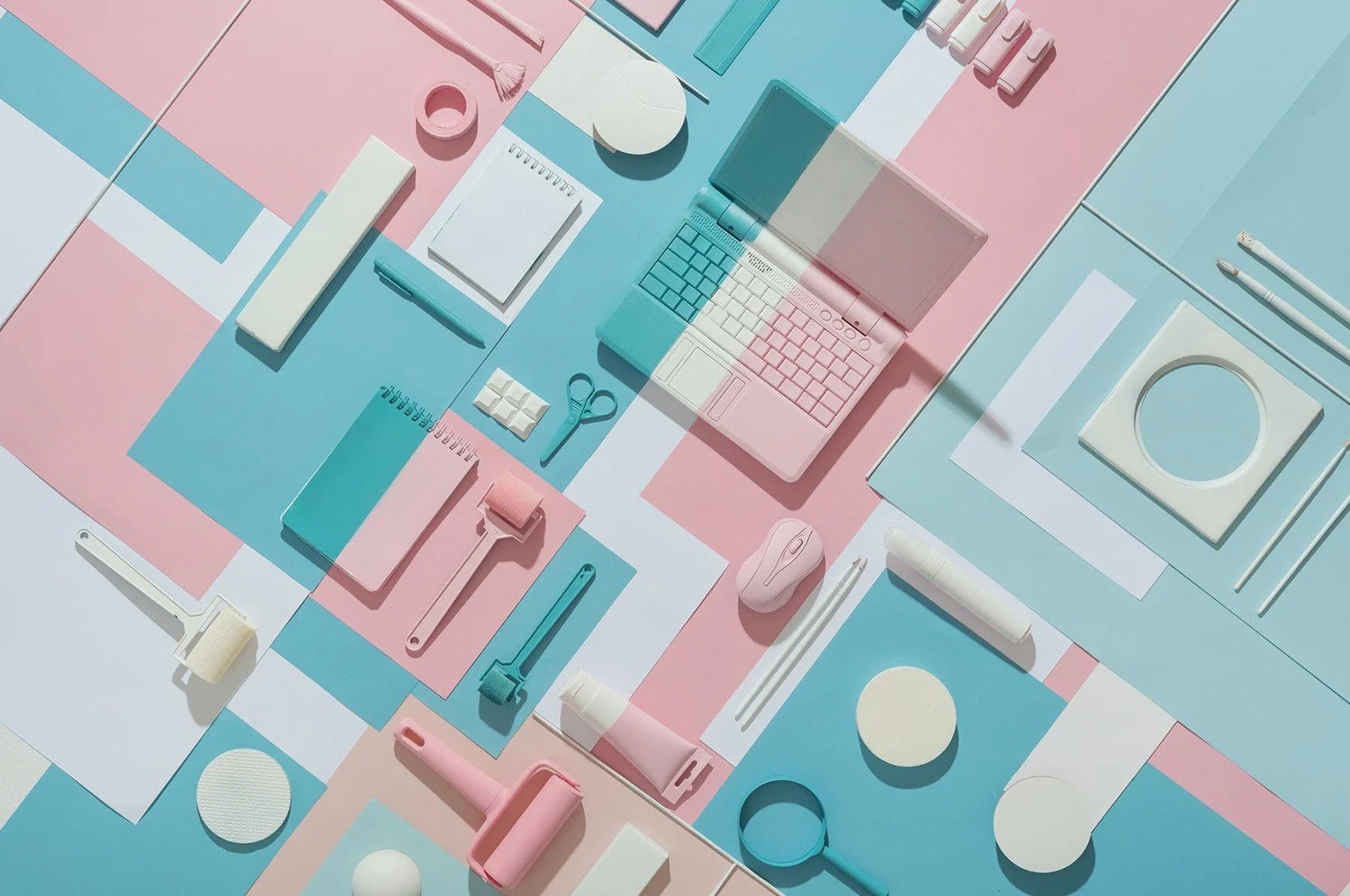What Living with ADHD is Really Like
I have ADHD. I’m 30 years old and was diagnosed at the age of 23, seven years ago. I know the popular image of ADHD is of a disruptive little boy, running around a classroom, infuriating everyone around him. And that, of course, is not me. So, I’d like to start by clearing up some of the history of the terminology, if you’ll bear with me for one scientific sounding paragraph. ADD (Attention Deficit Disorder) hasn’t been a diagnostic term since 1987. Since 1994, ADHD (Attention Deficit Hyperactive Disorder) has been classified as having three separate types: hyperactive, inattentive and combination. ADHD is no longer considered a childhood behavioral disorder and is now recognized as a neurological disorder with genetic markers.
Real talk? My brain is wired differently, and this presents a whole host of benefits and detriments to living in a world that was built for brains that don’t work like mine.
I take medication for ADHD, and I honestly can’t imagine going back to a life without it.One of the most frustrating things for me is when people say: “Where are my keys? I’m so ADD.” It not only undermines the difficulties I experience on a daily basis but also perpetuates ideas about my condition. So let me give you a quick rundown of what it’s like in my brain:
ADHD is an executive function disorder. Executive function decides what to pay attention to and what to ignore. It assigns priorities to tasks and breaks larger tasks down into smaller steps. It helps make decisions, regulate emotions and shift between situations and thoughts.
Executive function is used for every single thing you do. For example: I’m having a conversation with you and a light is flickering nearby. Both your words and the flickering light have the same value when they reach my brain, and I have to consciously decide to continue paying attention to you with every flicker. Executive function is also part of what’s helping me to regulate my words and decide what order they go in or what order the points I want to make need to go in so that they make sense to you. On top of that, my brain works like a database; I’m often thinking of other things and making distant connections to topics or story points. I have to balance my brain and how it works with all the information I’m getting from you, the things that I want to talk about, whether or not the point I want to make is related (and how many unrelated points I need to go through in order to draw the parallel). Add in external stimuli like flickering lights, and it doesn’t take long for me to get overloaded. Medication essentially speeds up my brain so that I can do all of those things much faster and perform neurotypical brain function more easily. So no, forgetting where you put your keys is not “So ADD.” Putting your keys in your grocery bag and accidentally putting them in the freezer because your husband is talking to you about his day while you’re unloading them, and then noticing that the dishes aren’t done and remembering that you need to send an email for work and your mother’s birthday is this weekend, and 20 minutes later crying on the floor in a pile of unfolded but clean laundry, being so mentally exhausted from the constant dripping of the faucet in the bathroom that you can’t even find the words to explain to your husband why you’re upset -- that, is “So ADD.”
There are plenty of conditions in the world that can be solved through natural means, and I would never presume to tell anyone what to do for their own healing.
But my condition is real, and the world already makes it hard enough for me. I don’t need help -- I have medication and plenty of coping tactics. I just wish people didn’t actively hinder me by telling me my condition doesn’t exist, that I’m just lazy, or that all I need is to get a new planner or stop eating sugar. There are ways you can help, and the first one is trusting that I know my brain and I know what I need. And the last thing I need is more information to sort through.
